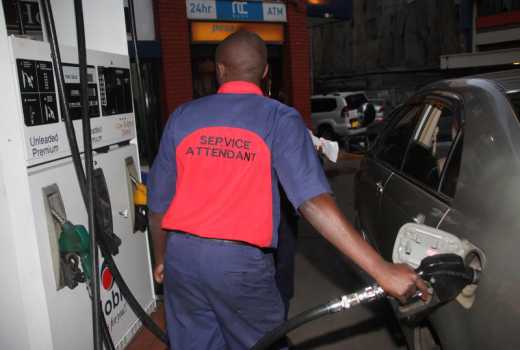×
The Standard e-Paper
Home To Bold Columnists

Motorists in Kenya will breathe a sigh of relief as the price of super petrol goes down marginally over the next month.
Yesterday’s price review from the Energy Regulatory Commission (ERC) has also seen the price of kerosene reduce marginally to the benefit of families using kerosene for cooking and lighting.